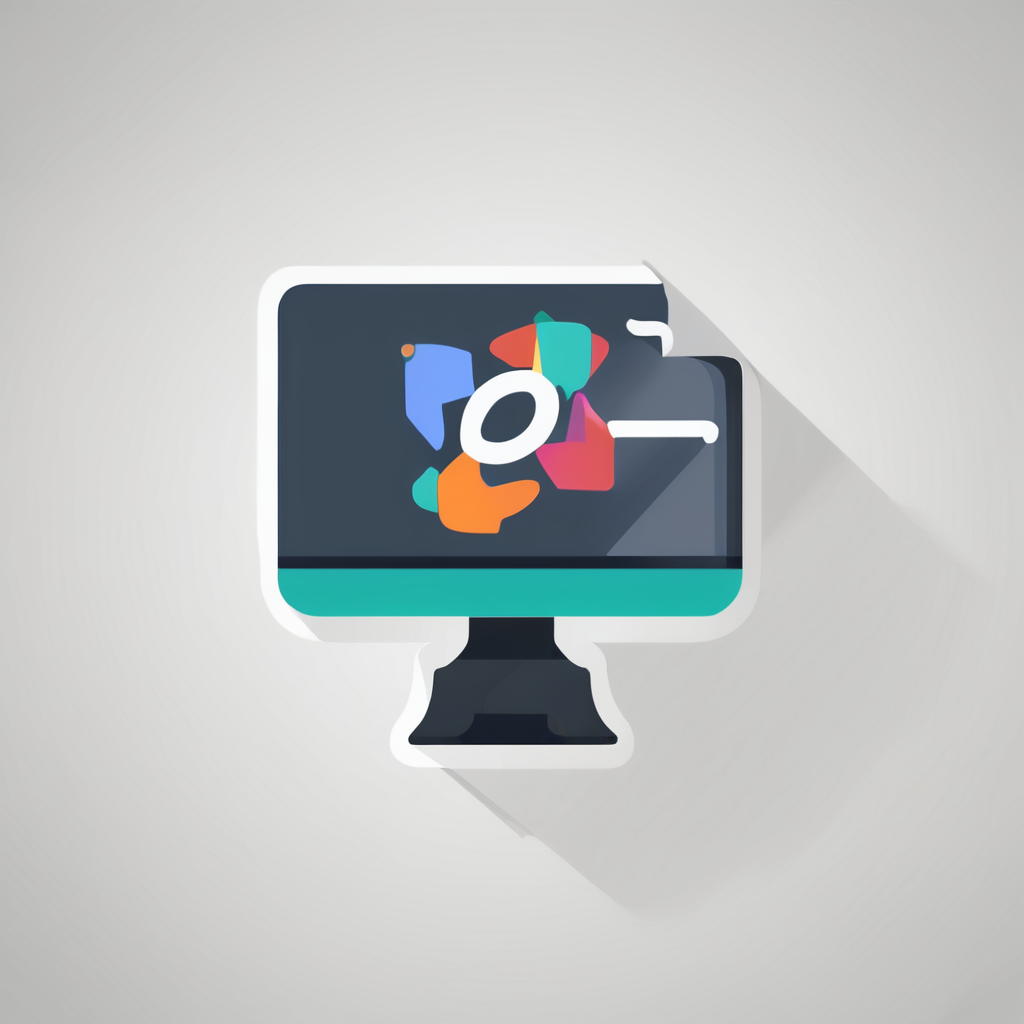The Evolving Role of Smartphones in UK Industries
Smartphone adoption in the UK has surged remarkably, reshaping how businesses operate and how people live daily. With smartphone penetration UK reaching an estimated 85% of the population, these devices have become indispensable across various sectors. This widespread use drives the ongoing digital transformation UK, enabling organizations to enhance efficiency and customer engagement.
The smartphone impact sectors span from retail and healthcare to finance and education. In retail, mobile apps facilitate personalized shopping experiences, while healthcare professionals rely on smartphones for quick access to patient data and telemedicine services. Financial institutions leverage mobile banking apps to meet customer demands for convenience and security. Education has also embraced smartphones, using them as tools for interactive learning and remote access to resources.
Topic to read : How do UK smartphones impact digital education?
Recent statistics reinforce how integral mobile technology is to the UK economy. Over 70% of businesses report that their mobile-first strategies have improved productivity, highlighting the critical role of smartphones in driving business innovation. Moreover, the continuous integration of smartphones into daily workflows supports a more connected, flexible, and responsive environment across sectors, emphasizing their transformative power in the UK’s digital landscape.
Healthcare Sector Advancements Powered by Smartphones
Exploring digital health innovations enhancing patient outcomes
Also read : How are smartphones affecting UK computing innovation?
Smartphones have become pivotal in the healthcare sector across the UK, driving forward digital health initiatives that improve accessibility and patient care. Mobile applications tailored for health monitoring allow patients to track chronic conditions such as diabetes or heart disease remotely. These tools offer real-time data sharing with clinicians, enabling timely interventions.
The NHS has led several projects developing NHS mobile apps that simplify appointment scheduling, medication reminders, and symptom checkers. For example, the NHS App consolidates a patient’s medical records and consultation history, making healthcare interactions more efficient.
Telemedicine has also witnessed significant growth, facilitated by smartphones enabling video consultations. This has markedly improved access, particularly for those in remote or underserved areas, reducing wait times and physical visits. Private sector innovations complement these efforts, offering specialized health services and integration with wearable devices for comprehensive health monitoring.
These advancements underscore the transformative potential of smartphones in healthcare, promoting continuous care and patient empowerment through accessible, tech-driven solutions.
Digital Transformation in UK Education
The rise of smartphones in education UK has reshaped how learning occurs, especially through e-learning mobile platforms. These tools create digital classrooms where students access lessons anytime, anywhere, making education more flexible. Interactive apps facilitate real-time engagement, allowing teachers to monitor progress and tailor instructions effectively. Such technology transforms traditional teaching into dynamic experiences, enhancing participation.
Despite these advances, challenges remain. The digital divide affects equal access, with some students lacking reliable devices or internet connectivity. Initiatives aimed at bridging this gap focus on distributing hardware and improving network infrastructure, ensuring inclusivity. Schools also face adaptation difficulties, including training educators to integrate technology seamlessly into curricula.
Mobile devices support collaborative projects and instant feedback, making education more responsive to student needs. By leveraging smartphones and e-learning mobile tools, UK schools foster engagement beyond classroom walls. The digital transformation is not only about devices but about evolving teaching models to embrace innovation while addressing access disparities—key to sustaining equitable educational outcomes across diverse student populations.
Retail and E-Commerce Shifts Driven by Smartphones
Smartphones have fundamentally reshaped the mobile retail UK landscape, becoming the primary device for browsing and purchasing. Consumers increasingly prefer shopping on-the-go, using apps and mobile-friendly websites. This shift has accelerated e-commerce trends, emphasizing convenience and speed.
The rise of mobile commerce is evident in the surge of transactions made via smartphones, with UK retailers optimizing checkout processes for seamless mobile payments. Contactless options, such as Apple Pay and Google Pay, have become standard, responding to consumer demand for fast, secure checkout experiences.
Moreover, retailers are adopting omnichannel strategies to unify in-store and online experiences. Local brands in the UK tailor their digital shopping approach to meet regional preferences, offering click-and-collect services and personalized mobile promotions that enhance customer engagement. This integration ensures customers enjoy consistent service whether shopping via desktop, mobile, or in-store.
The digital shopping UK market reflects an ongoing trend toward fluid interaction between channels, making it essential for businesses to align their mobile retail strategies with evolving consumer behaviors. Understanding these shifts enables retailers to stay competitive and capitalize on the mobile-first shopping era.
Revolutionising Finance: Mobile Banking and Fintech
The changing face of money management
The surge of mobile banking UK apps has reshaped how people access and control their finances. These platforms deliver convenient, around-the-clock access to accounts, enabling users to make transfers, check balances, and pay bills seamlessly. This wave of change boosts financial accessibility across social and economic spectrums, empowering more individuals to engage actively in their financial health.
Parallel to this, fintech innovation drives fresh approaches to personal finance management. Fintech disruptors develop tools that simplify budgeting, saving, and investing by integrating AI and data analysis within apps. Users benefit from adaptable, personalized services that fit their unique financial goals, enhancing both control and understanding.
Security and privacy remain paramount concerns as usage grows. Developers implement advanced encryption, biometric verification, and fraud detection to protect users. Regulatory bodies in the UK continually update standards, balancing innovation with consumer safety. These efforts ensure that digital payment apps UK not only offer convenience but maintain trustworthiness.
In summary, mobile banking and fintech advancements are transforming everyday money management in the UK, blending accessibility and technological sophistication while prioritizing security.
Transforming Transport and Mobility Services
Smartphones transport UK use continues reshaping how people move, making mobility apps indispensable for daily travel. Modern commuters rely on these apps not only for ride-hailing but also for seamless journey planning and ticketing, linking multiple modes of transport within a single interface. This integration streamlines the entire commute, saving time and reducing stress.
Real-time information access is a game changer in smart commuting UK. Commuters receive updates about delays, alternative routes, and service changes instantly, allowing them to adapt quickly. Such timely data enhances convenience and ensures smoother, more efficient travel experiences.
Digitalisation in public transport and smart cities initiatives across the UK further bolster this transformation. Transport authorities are implementing connected networks that communicate directly with smartphones to optimize traffic flow and reduce congestion. These innovations support environmentally friendly choices by encouraging the use of public transport and shared mobility.
In summary, the continued growth of smartphones transport UK usage, enriched by mobility apps and smart city projects, is revolutionizing how the UK approaches urban travel, making it more efficient, informed, and sustainable.
Challenges and Opportunities for the UK Economy
The UK digital economy is rapidly evolving, driven by advances in mobile technology and smartphone use. Mobile innovation has become a key driver of economic growth, creating new business models and expanding digital services. However, smartphone challenges persist, particularly concerning accessibility and affordability, which can hinder widespread adoption.
A significant hurdle lies in digital inclusion UK efforts. Many individuals and communities still face barriers to digital literacy and reliable connectivity, limiting their participation in the digital economy. Addressing these gaps requires coordinated policy interventions and investment in education, ensuring that all citizens can benefit from ongoing technological progress.
From a regulatory perspective, the UK government is poised to balance innovation with safeguards, fostering a competitive digital market while protecting consumers. Future opportunities include leveraging mobile advancements to boost productivity, support startups, and enhance public services. Emphasizing digital inclusion will also expand market reach and strengthen social equity, making the UK digital economy more resilient and inclusive.


